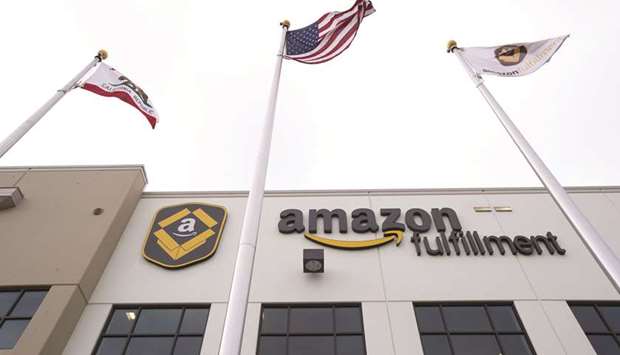The logistics investment, which would be four times the size of its current book-shipping operation in the country, is a sign the online retailer may soon handle distribution of electronics and other goods sold on its Brazilian website.
That would be the first step of its kind for Amazon in Latin America’s largest economy, where it currently relies on third parties to ship their own goods sold on its marketplace, and it underscores the seriousness of the e-commerce giant’s renewed push into Brazil.
Amazon declined to comment on the possible warehouse lease. While an estimated two-thirds of Brazil’s 209mn people have internet access, online retail was slow to take off at first, amid concerns over security and complications with tax and logistics in the continent-sized country.
E-commerce accounts for around 5% of Brazil’s roughly $300bn retail market — about half its share in the United States — but it has doubled in the past four years and is forecast to keep growing annually at a double-digit pace.
Now Amazon, which expanded its Brazil business from books to electronics in October, is gearing up to fight rivals such as Latin Ameria’s homegrown e-commerce champion Mercado Libre and B2w Cia Digital, which is indirectly controlled by partners of private equity group 3G Capital.
“You obviously can’t underestimate a company like Amazon,” said Pedro Guasti, CEO of Brazilian online consultancy Ebit. “It has huge capacity to invest and it’s obviously taking a bigger bite of the cake than it did last year.”
Mercado Libre, B2w and local retailer Magazine Luiza have gotten the jump on Amazon by storing and shipping goods appearing on their websites even when offered by third-party sellers, to ensure speed and customer satisfaction.
Amazon, by contrast, has been slow to tackle the challenges of shipping in a country where tricky logistics and tax issues have long made online retail an unprofitable venture. After the Reuters report that Amazon was eyeing the new Brazilian warehouse space, shares of Mercado Libre plunged as much as 7%, while Magazine Luiza dropped 5% and rival Via Varejo SA shed up to 6%.
“Markets get spooked when they see an investment by Amazon,” a Brazilian trader said. “There is fear that the company will become more aggressive with its strategy in Brazil.”
In Mexico, Amazon has already taken a more aggressive approach, launching its third-party marketplace coupled with its own shipping service, called “Fulfilment by Amazon,” in 2015.
The contrast has been stark. Nearly 20% of reviews on Amazon’s Brazilian marketplace are negative, compared with 10% in Mexico and just 4% in the United States, according to e-commerce analytics firm Marketplace Pulse.
Amazon.com signage is displayed on the facade of the company’s fulfilment centre in Tracy, California. Amazon is looking to lease a 50,000-square-metre warehouse just outside Sao Paulo, as it steps up its push into Latin America’s biggest retail market, Brazil.

